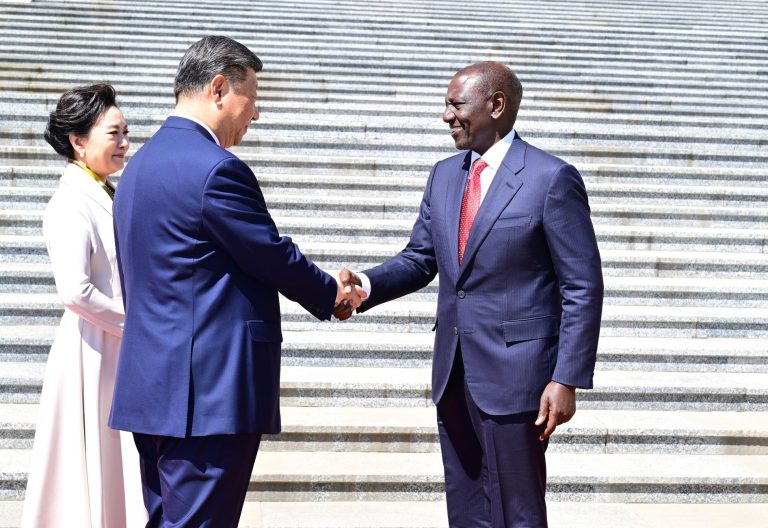Disregard of court orders a recipe for uncertainty

The system of checks and balances that governs the interaction of the three arms of Kenya’s government is designed to ensure a balance of power between the arms.
In the making of laws, for example, the Executive introduces its proposed laws to Parliament through the Majority Leader or committees, Parliament considers the proposals, receives the views of the public and then makes the changes it deems necessary before approving the Bill.
The Bill then makes its way back to the Executive for enactment by the President.
An individual who disagrees with the enacted law can petition the Judiciary to scrutinise it.
Should the judge find enough grounds to reject the law, it stands rejected no matter how long it took to make it, the public participation that happened or the reason the Executive had in mind in proposing it.
This clear separation of powers dictates that the decisions made by the Judiciary in the execution of its functions should be respected by all other arms as well as the public.
The system of checks and balances ensures that when the Executive, makes laws and regulations that the public considers imbalanced, such instruments are subjected to scrutiny by an impartial party.
The ultimate goal of such petitions is to raise concerns relating to the imbalances.
It, therefore, becomes unsettling to the public when one arm of government dishonours orders issued by the Judiciary.
In our current setting, the private sector is experiencing a legal imbalance that has resulted from the defiance of court orders by the Government.
This is a worrying trend, whereby the Executive, at both national and county levels, disregards court orders.
For instance, manufacturers of excisable goods have been left confused after Kenya Revenue Authority (KRA) demanded that excise rates should be paid based on new rates published on 2nd November 2021.
This is despite the existence of a court order indicating that the old rates should apply until a court case challenging the new rates is heard and determined.
This confusion occurred on 20th December when KRA required manufacturers to make tax returns based on rates that go against an existing court order.
The problem here extends beyond manufacturers of finished excisable goods to suppliers of excisable raw materials.
Such suppliers are likely to invoice manufacturers based on the rates that have been stopped by the court.
Manufacturers and their suppliers are likely to end up facing fundamental challenges in tax compliance, and consequently face uncertainty, complexity, and unpredictability for the industry.
Manufacturers of excisable goods have been affected the most by the Covid-19 pandemic andd hoped that Government would implement policies that create a predictable and supportive policy environment for them to recover. Unfortunately, this has not been the case.
In Mombasa County, Kenya Transporters Association has raised concerns on the insistence by the county government on charging cess on roads built by the national government.
This is despite a ruling by the Supreme Court that banned the collection of taxes where no services have been offered.
The county, therefore, cannot purport to do any work on roads that have been constructed and are being maintained by the national government, whose taxes are collected via the fuel levy and other direct and indirect means.
Kenya has been gradually improving in the creation of a conducive environment for doing business.
In many counties there is a growing realisation that there are other ways, apart from increasing taxes, of collecting the revenue needed to drive independence.
The issues arising in the country need not escalate to a conflict that drags through the courts and creates fiscal and regulatory policy uncertainties for the private sector.
Avoiding such a conflict starts with obeying court orders and sticking to the right side of the law.
—The writer is the Chief Executive Officer of the Kenya Association of Manufacturers














